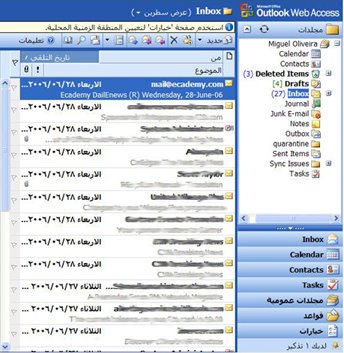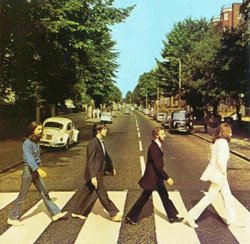What's interesting about Dubai?
- The base salary for a non skilled worker is $150/month. There's a lot of workers from India since for them that amount is considered a good paycheck. They work in the UAE for 5/10 years and go back to India with enough money to start a new life.
- There's an amazing construction boom going on. Voices say that currently Dubai contains about 20% of the world's cranes. It feels a little exageration but the quantity of cranes is really impressive.
- The numering system used by most of the Middle East is the Indian and not the Arabic (the one that we use). It seems that about 10/15 years ago the UAE government started an education campaign about the real Arabic numbers. Currently they are used in parallel but the plan is to slowly switch to Arabic.
- There are no personal taxes!
- I got a lesson on what one should do during a desert sand storm. You should carry grease in your car and if you are caught in a sand storm, stop the car and grease the front, otherwise the sand will strip out the painting. It seems that there's not much to do regarding the windshield, which will be ruined.
- The public transportation is very poor in Dubai. The buses are few and look very old, this is probably due to the fact that cars and gas are cheap and parking is plenty. Workers are generally transported in a mini bus (usually white) which takes them from their living quarters to their work location.
- The temperature and humidity are very high, especially during the summer. I experienced temperatures around 47C and humidity around 90%. When I left the office my sunglasses would immediatly fog due to the high humidity.
- Outside the office there was a soda vending machine turned north, this means that it was exposed to the sun all day long. I wonder how much energy it consumes to get the drinks cold.- The taximeter stops when the taxi stops! What an amazing discovery, is this the only country that was this wonderful practice? This is specially important in Dubai given the traffic jams that plagues the city.
- In Europe the gas currently costs about €1.3/l, in Dubai about €0.2/l. It's the price of living in the middle of the desert!
- In Kuwait there's a law that says the if the temperature is above 50C you don't have to go to work. But it seems that the governments termometer is usually 4/5 degrees below everyone else's termometer.
- Dubai is is starting to earn the nickname of Du Vegas given the megalomaniac projects surrounded by desert.
- Rent in the old part of town can cost about $800/month. Most of the times the only way a family is able to pay is by sharing the space with other 2 families.
- Negotiation is very lively here! I love this part of doing business. Every store has a couple of big calculators with big keys and big display, which they use to write the asked price. The client after some calculations will then propose his price and turn the calculator back to the seller. The process is repeated until they reach a deal or until one of the parties quits.
- The name of the stores is very original. You'll find stores called 'Jump Sport' (sport equipment), 'Happiness Home Trading' (house products!), 'Modern Dish Cafeteria' (restaurant), 'Smart Toys Trading' (Toys), 'Top Beauty' (Beauty Shop), 'Queen Corner' (Textiles), 'Papa Shop' (African Readymade Garments), and so on..
- The Burj Al Arab hotel is never seen from the sea in official photos, that's because the structure looks like a cristian cross. It seems that the German architect that designed the structure was dismissed after someone noticed it, but the project had already been approved and started.
- Every year Ramadan moves ahead 10 days.
- Islamic followers pray six times a day. The prayings are called Fajr (dawn), Shuruq, Zohr, Asr, Maghrib (sunset) and Isha. The exact praying time changes everyday depending on the sun. When I was there the first prayer happened at 04:07am and the last one at 08:46pm.
- Smugglers in the Dubai port on route to Iran, the boats are so filled out that they look like an old floating Mexican bus.


